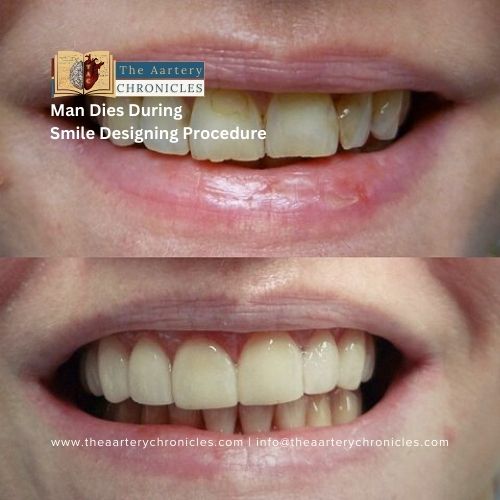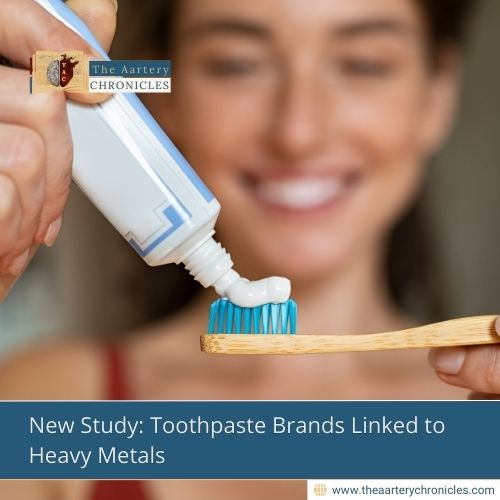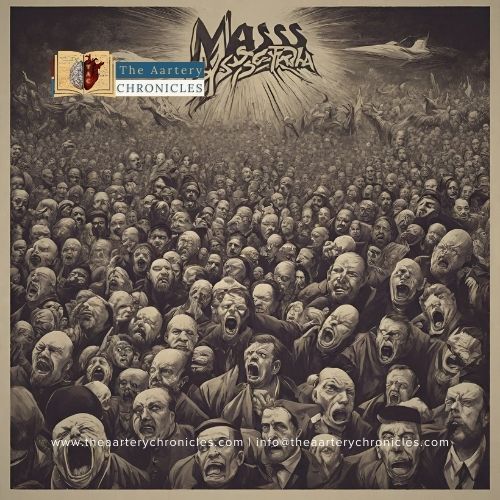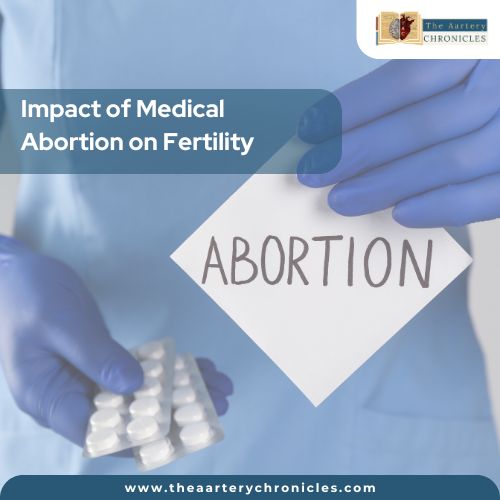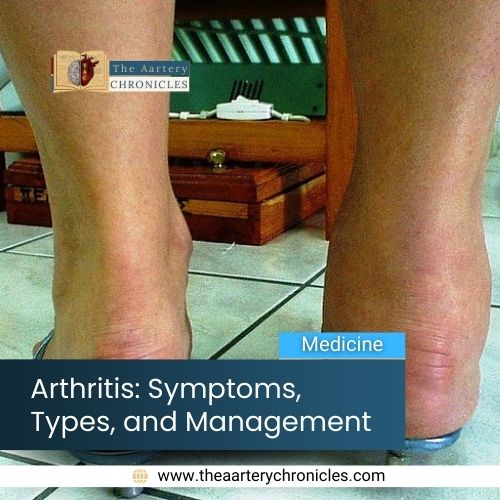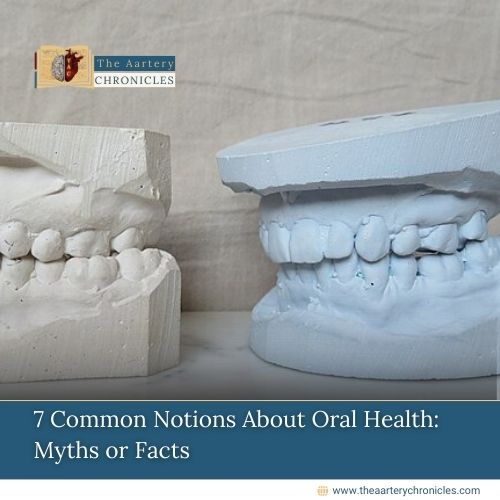
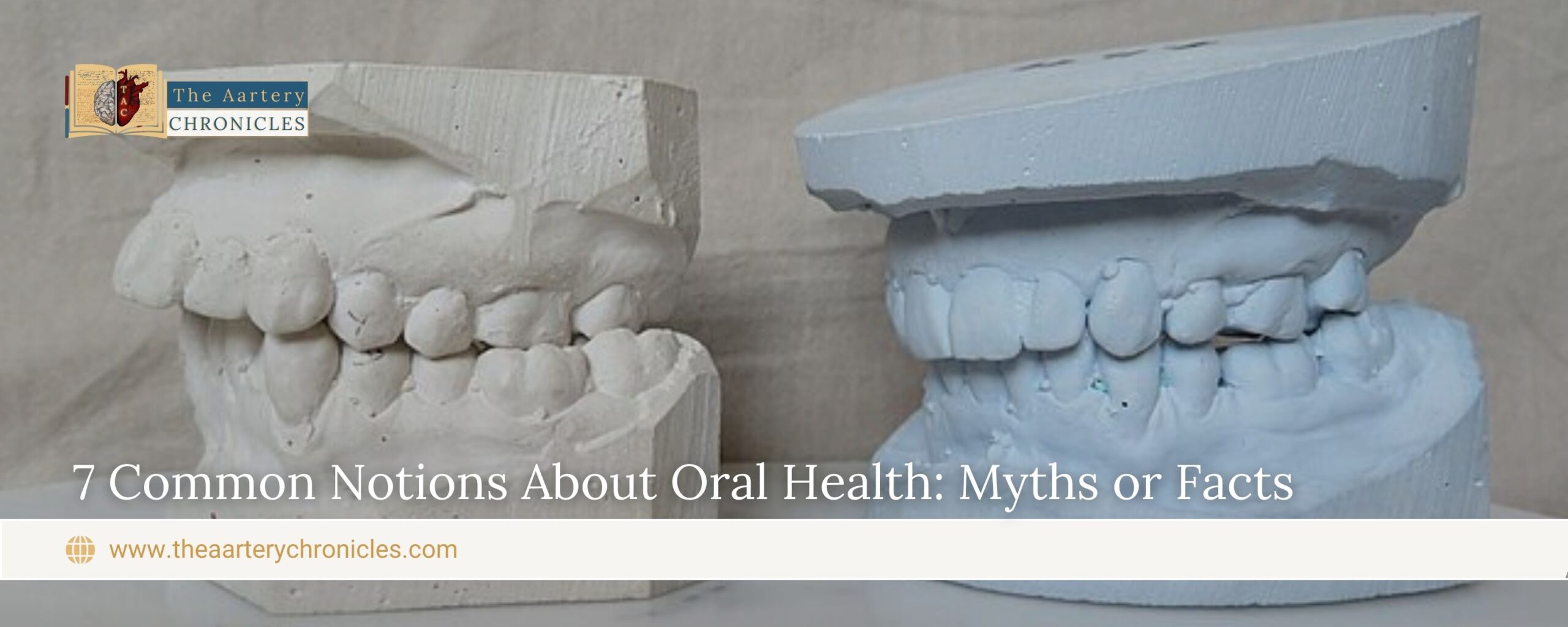
Bruxism: Understanding Teeth Grinding and its Effects
Introduction
When was your last dental visit? Do you remember? Not many of us do. This is likely because many believe that a dental visit is only necessary when experiencing tooth pain. However, this is a misconception.
Oral health has traditionally been defined as the absence of disease. However, a revised definition explaining modern concepts of dental health was recently released by the General Assembly of the FDI World Dental Federation.
The current definition is “Oral health is multifaceted and includes the ability to speak, smile, smell, taste, touch, chew, swallow, and convey a range of emotions through facial expressions with confidence and without pain, discomfort, and disease of the craniofacial complex.” This definition dispels the age-old myth that oral health isn’t an essential component of general health.
Myth 1: Tooth scaling reduces the strength of the tooth
Scaling, a preventive procedure also known as routine cleaning, removes tartar, or dental plaque, from your teeth. It helps maintain the health of supporting structures and the gingiva (gums). The dentist recommends scaling every six to eight months. Nevertheless, a lot of patients, especially elderly ones, think that scaling loosens teeth. Although the previous claim is a myth, patients occasionally report feeling that their teeth have grown movable following scaling. This is due to the removal of the hard calculus and plaque that are found between the teeth and gingiva. Although the procedure actually strengthens the gums and teeth, it can temporarily give the impression that the teeth are loose.
Myth 2: The harder you brush, the stronger your teeth will be
Many people believe that forceful brushing can result in better cleaning and help protect their teeth from infections and dental cavities. They have no idea that forceful brushing is harmful for teeth, in addition to being ineffective. Excessive brushing causes abrasion, or the loss of enamel from the teeth, which makes the teeth more sensitive. Furthermore, it affects the gingival tissue and results in gingival recession and bleeding. To keep your teeth healthy, it is crucial to use a soft toothbrush and employ a gentle brushing technique to clean your teeth twice a day.
Myth 3: Cavities Are Only Caused by Sweet Food Items
One of the most prevalent myths about dental health is that cavities are exclusively caused by consuming sweet foods. This is a complete concoction. To clarify the facts, let’s talk about the mechanism by which cavities occur. We are all aware that bacteria exist in our oral cavity. Sugar is present in virtually everything we eat and acts as an initial substrate for bacterial growth.
These bacteria break down sugar and release various acids, enzymes, and other substances. These acids and enzymes then proceed to attack the tooth structure and disintegrate it, resulting in tooth decay. This is how cavities form. Rinsing or brushing your mouth after each meal is the only way to stop this cycle. This practice stops the formation of acid and eliminates any sugar already present on the tooth surface.

Myth 4: Extraction of upper teeth affects eye sight
For decades, a persistent myth has suggested that there is a chance of vision loss following dental extractions, particularly of the upper teeth, which remains prevalent today. It is thought that because the roots of the upper teeth are close to the optic nerve, an extraction could injure it. Vision loss is an extremely uncommon side effect linked to a small number of dental extraction procedures. However, a research study published in the Journal of Oral and Maxillofacial Surgery indicates that less than 0.01% of patients experience the rare side effect of eyesight loss following dental extraction.
Myth 5: To grow, babies draw calcium from their mother’s teeth
Since the beginning of time, people have held the belief that a developing newborn takes calcium from its mother’s body in order to grow and develop properly. However, this belief is a myth, without any scientific evidence to substantiate it. It has been noted that a pregnant woman’s changing dietary habits increase her chance of getting dental caries.
Because of their higher levels of progesterone and oestrogen, pregnant women are also more likely to experience gingival issues. Due to their higher needs, pregnant women may have a calcium deficit, but their teeth remain intact. On occasion, small amounts of calcium are mobilised from the mother’s bones to meet the demands of both mother and child.
Myth 6: Primary teeth do not need to be taken care of
Primary teeth are typically considered unimportant because they eventually fall out and are replaced by permanent teeth. However, people do not realize the important role they perform in the oral cavity. Until permanent teeth erupt, they serve as space-maintainers.
Infections in the primary tooth not only negatively impact a child’s quality of life, but they also change the spacing needed for a permanent tooth eruption. This causes multiple potential problems with dental alignment. Infections can occasionally spread to corresponding permanent teeth as well. Primary teeth require special care and attention, so it’s critical to ignore any myth about their insignificance.
Myth 7: There is no correlation between oral health and overall health
The oral cavity is primarily influenced by its surroundings and serves as an entry point for other organs. Thus, there’s a possibility that an infection from your mouth could travel to other organs. Diseases of the periodontal tissues have been linked to a number of systemic ailments, including diabetes, high blood pressure, heart attacks, and respiratory disorders.
But most individuals overlook oral infections in general and don’t realise how serious the situation is. Nevertheless, research indicates that dental health is a good indicator of overall health, highlighting the importance of maintaining good oral hygiene practices.
Conclusion
In addition to the above-mentioned myths, the general public continues to believe a great deal of other misconceptions regarding oral health. Dental myths regarding oral hygiene have a significant impact on oral health, which can negatively impact an individual’s overall health. Therefore, it’s crucial to do a thorough study and talk to your dentist about any such practices.
- https://pubmed.ncbi.nlm.nih.gov/34318768/
- https://www.ncbi.nlm.nih.gov/pmc/articles/PMC10883346/
- https://www.kimshealth.org/trivandrum/blog/healthy-teeth-myths-vs-facts/
- https://www.healthychildren.org/English/ages-stages/prenatal/Pages/Pregnancy-and-Oral-Health-Truth-or-Fiction.aspx#:~:text=%E2
- https://www.ncbi.nlm.nih.gov/pmc/articles/PMC6560319
- A new definition for oral health developed by the FDI World Dental Federation opens the door to a universal definition of oral health - Glick - 2016 - International Dental Journal - Wiley Online Library

Dr. Yuganshi Arora
Reviewed by: Dr. Anjali Singh

